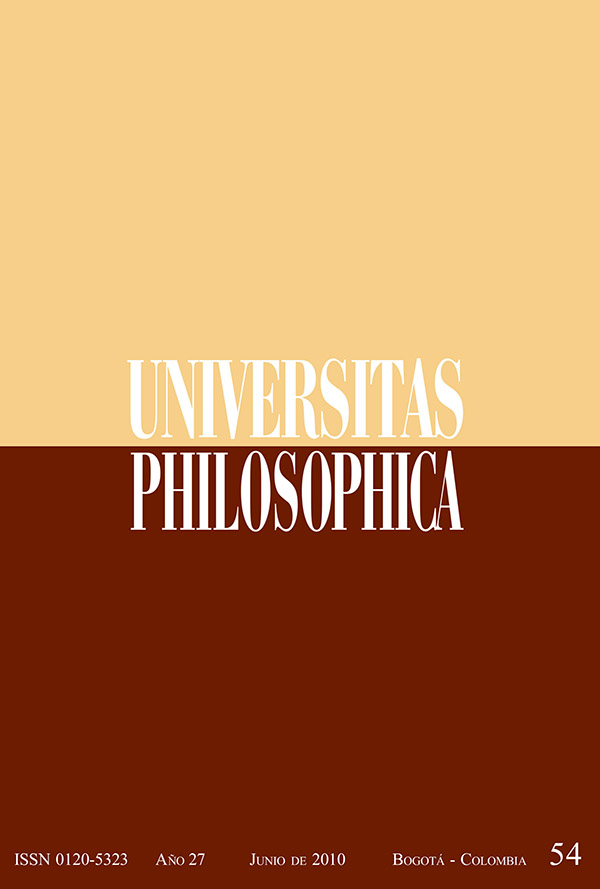Abstract
Moral rationalism has accustomed us to understand the past in terms of personal reasons for acting. In this sense, it is said human action is rational because it can account for their motives. This principle, extrapolated into the future, understands existential projects as deliberative planning. The phenomenology of action and corporality set out a more complex problem on the relationship between a plan and its implementation, having into account physical and intersubjective conditions of projects, as well as its elusive face when pursuing a merely conceptual articulation of them. This paper aims to develop a phenomenology of these tensions between any project and its execution in two sections: (a) the existence as a project, and (b) such an existence and the structured project: the limits of discourse.
This journal is registered under a Creative Commons Attribution 4.0 International Public License. Thus, this work may be reproduced, distributed, and publicly shared in digital format, as long as the names of the authors and Pontificia Universidad Javeriana are acknowledged. Others are allowed to quote, adapt, transform, auto-archive, republish, and create based on this material, for any purpose (even commercial ones), provided the authorship is duly acknowledged, a link to the original work is provided, and it is specified if changes have been made. Pontificia Universidad Javeriana does not hold the rights of published works and the authors are solely responsible for the contents of their works; they keep the moral, intellectual, privacy, and publicity rights.
Approving the intervention of the work (review, copy-editing, translation, layout) and the following outreach, are granted through an use license and not through an assignment of rights. This means the journal and Pontificia Universidad Javeriana cannot be held responsible for any ethical malpractice by the authors. As a consequence of the protection granted by the use license, the journal is not required to publish recantations or modify information already published, unless the errata stems from the editorial management process. Publishing contents in this journal does not generate royalties for contributors.


